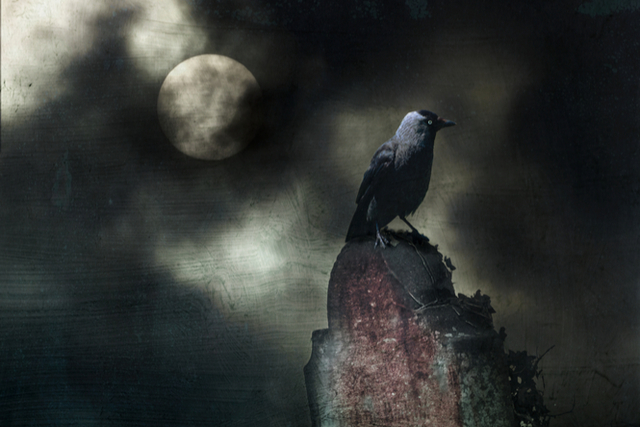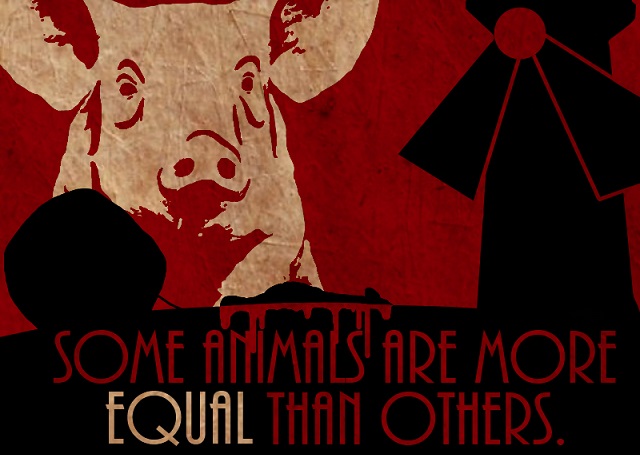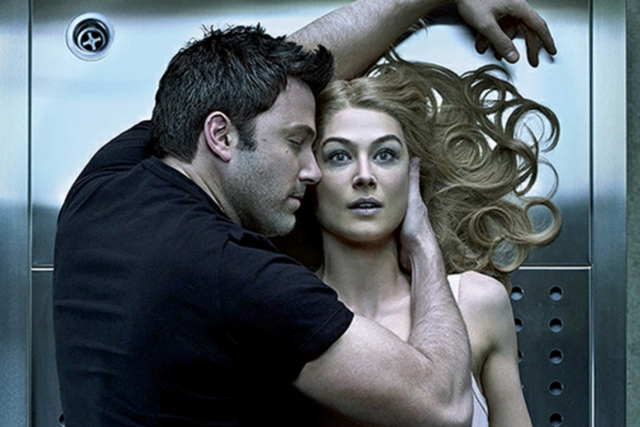
“If you don't have time to read, you don't have the time (or the tools) to write. Simple as that.” – Stephen King
The books you love are full of clever writing techniques and lessons that can help you improve your own writing. It's wrong to steal another author's ideas, but it's fine to learn from their techniques.
In these articles, we examine the most important lessons from the world's best authors.

How to Foreshadow like Alfred Hitchcock
Foreshadowing is a literary device that allows you to plant clues, hint at what’s to come, build the tension, or even place a red herring in your reader’s path. Alfred Hitchcock is one of the best at it. Learn how he foreshadows here.

How to Create Tension like Andy Weir did in The Martian
If you haven’t read The Martian, it’s 369 pages of full-on tension. Mark Watney, the main character, faces one set-back after another as he’s fighting for his life on Mars. The stakes are pretty high; if he doesn’t get off Mars soon, he’ll die.
Weir is a master at creating tension. Just when things are finally going right for Watney, Weir pulls the rug out from under his feet. We watch as Watney perseveres through untenable disasters that would crush the rest of us. Weir keeps readers asking throughout the story, “How’s he going to get out of this one?”

How to Create Mood like Edgar Allan Poe
The master of Gothic horror stories, Edgar Allan Poe could set the tone of anything with a few chosen words. Here's how he did it.

How to Write an Allegory like George Orwell
An allegory is a story that evokes two separate meanings. The first meaning is the story's surface, like characters and plot, the stuff that goes into every story. But at a much deeper level, an allegory has a symbolic, heavy meaning.
What allegories come to mind? Maybe The Lord of the Flies; The Lion, the Witch, and the Wardrobe; Moby Dick; or Pilgrim's Progress? Let's turn to how you can write an allegory like George Orwell.

How to Use Satire like Mark Twain
Writers who use satire to get their point across do so by wielding humor, wit, irony, or sarcasm. They expose an individual or society for its weaknesses, corruption, hypocrisy, or foolishness. And no one does it better than Mark Twain. Find out how here.

How to Write a Mind-Blowing Plot Twist like Gone Girl
As an author, don’t you want to create the mind-blowing plot twist that leaves readers begging you to write more books? Maybe the kind that result in big movie deals… Here’s how to do it.

How to Do Anthropomorphism like Brian Jacques
How do you make anthropomorphism work in your writing? Author Kathy Edens takes a look at the best ways to make animals, books, teacups, and more come alive in your work.

How to Write a Tragedy like John Green
As writers, we want to make sure our readers are happy with our tale's ending, so we often turn away from tragedies. But that doesn’t mean you can’t use a tragic hero in your story to juxtapose your protagonist. In this article, we examine how to make your readers' hearts ache.

How to Use Deus Ex Machina like Stephen King
You know those stories where the ending comes out of nowhere and blindsides you with an other-worldly force that saves the main character from certain death and annihilation? They’re frustrating, right? Why have the main character suffer through countless trials and tribulations only to have a divine presence swoop in and save him or her?
Sometimes, however, these types of endings can work. Stephen King is a master at this technique, which is known as deus ex machina. Learn about it here.

How to Use Irony like William Shakespeare
William Shakespeare loved using irony in his work. How can you do the same? In this post, we'll show you how irony works and how to use it.

How to Write Romance like Nora Roberts
One of the most prolific romance writers, Nora Roberts, writes a new romance novel every 45 days. How does she do it? We examine.

How to Build Worlds like J.R.R. Tolkien
When you build another world, you’re responsible for creating everything from the flora and fauna surviving in this new universe to a variety of species, including man, who inhabit your world. Here's how to do it.

What Margaret Atwood Taught Me About Writing Outside Your Genre
Before the television premiere of The Handmaid's Tale, Margaret Atwood wrote an essay titled "Margaret Atwood on What The Handmaid's Tale Means in the Age of Trump".
In it, she talked about stretching herself outside her genre when she wrote The Handmaid's Tale:
- "It seemed to me a risky venture. I’d read extensively in science fiction, speculative fiction, utopias and dystopias ever since my high school years in the 1950s, but I’d never written such a book. Was I up to it? The form was strewn with pitfalls, among them a tendency to sermonize, a veering into allegory and a lack of plausibility. If I was to create an imaginary garden I wanted the toads in it to be real."
Learn more about how Atwood stepped outside of her genre in this article.
Have Your Say: Who Should We Analyze Next?
Let us know in the comments which author you would like us to study next.

